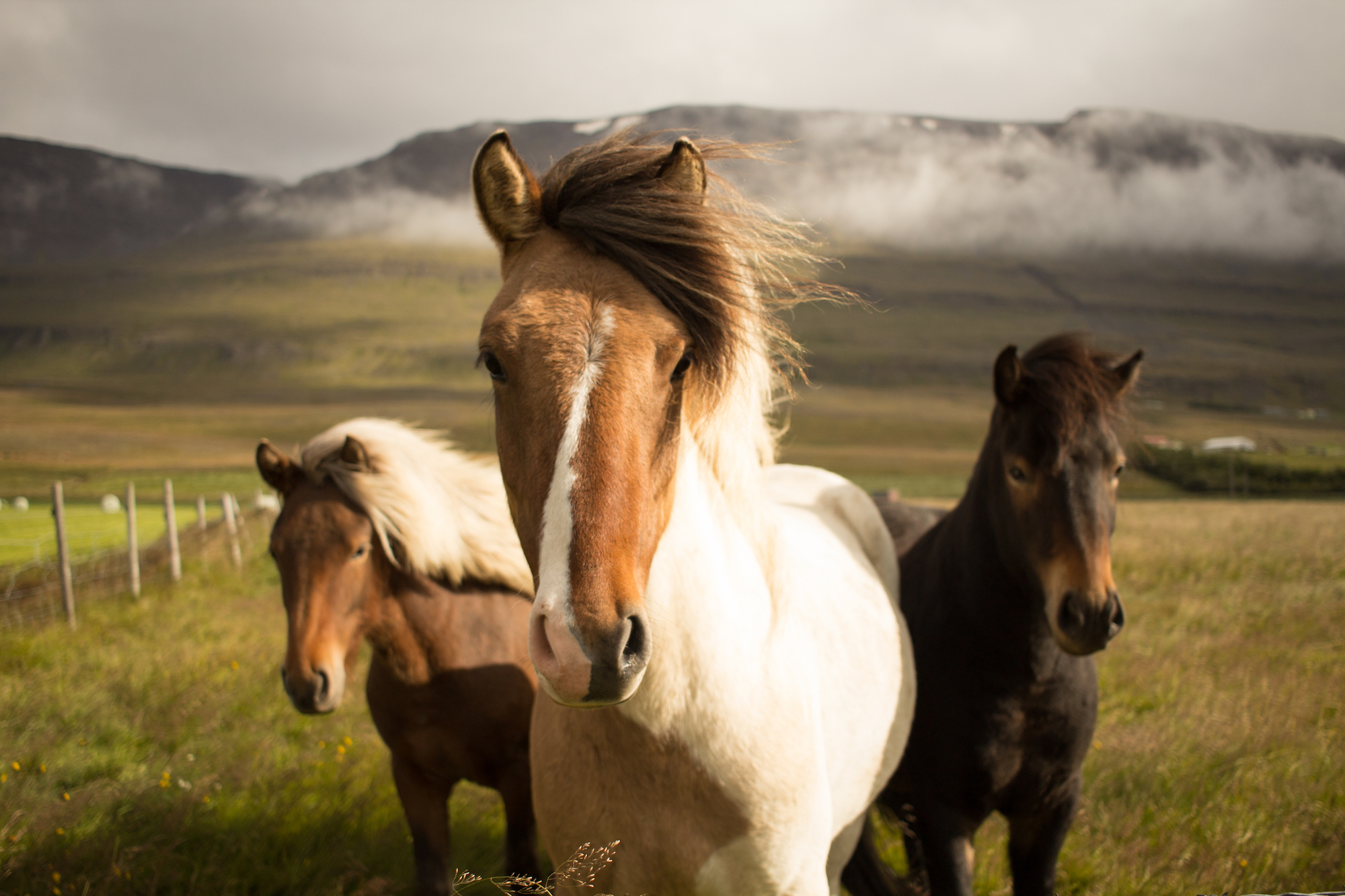So, you are behind on your agistment, but a new bonnet and boot set has come out in your favourite colour, or your horse has been a bit tricky and you want to get your instructor over for a lesson. But here’s the kicker… You don’t have enough money to do what you want AND pay your agistment. Sound familiar? So, what do you do? Agistment fees are just cash for nothing for the land owner right? A big ole’ cash cow? Wrong……
All too often I see people choose to rack up a huge agistment liability so they can fulfil all of their horsey ‘wants’. As someone who runs a small amount of agistment, this is a pet peeve of mine. I am not a fan of debt collection nor of enforcing a lien to sell, but I find myself chasing after agistment fees more often than I would like to the point of occasionally questioning whether I pull the plug on the whole affair.
So, if you are one of the people who believes that agistment is cash for nothing, here’s what you are actually paying for:
-
Land Management
Land management is part of keeping any livestock, but the more horses maintained on a property, the more intensive the land management becomes. Land management involves:
- Managing pasture levels: Paddock rotation may be required or re-seeding of paddocks.
- Prevention and management of erosion: The more a pasture is grazed, the less protection there is for the top soil. In addition, horses can cause a lot of damage with their hooves, disturbing the top soil, “pugging” wet areas in Winter and sliding through soil in moments of exuberance.
- Managing weeds: Horses can actually spread weeds by carrying seeds in their hooves, coat, mane, tail and manure. Again, the more horses on the property, the greater the weed distribution.
- Parasite control: Many worms are now resistant to chemical wormers, so the chance of chemical resistant worms being brought onto the property by other people’s horses is significant. More horses also means greater coordination of site-wide worming and faecal egg counts (if conducted).
-
Water Usage
A resting horse in a temperate climate requires approximately four (4) litres of water per 100kg of body weight per day. That amount increases in working horses and in hot weather. If water on the property is metred, the land owner needs to pay for the cost of the water that your horse is drinking. Even if the water is free, each additional horse on the property increases demand for total water usage, which places strain on dams, waterways and underground water supplies.
Land owners also need to manage erosion problems if horses have direct access to dams and waterways and need to prevent or limit the amount of manure entering waterways.
Preventing outbreaks of blue-green algae and salmonella from duck droppings is also a matter for consideration on properties with dams.
-
Damage to Facilities
This one seems obvious, but horses are great at damaging fences, troughs, stables and other facilities. Unless your agistment agreement requires you to pay for damage as an additional cost, your agistment fees are going towards paying for any and all damage caused by your horse.
-
Agistment is the Land Owner’s Livelihood
If your employer didn’t bother to pay your wage for a few weeks or months in order to use that money for themselves, you would be livid and seriously stressed. How would you pay your bills or put food on the table? What right would they have to keep money that is rightfully yours? Well guess what? Your agistment is the land owners’ income and livelihood. Not only do they derive agistment income to pay for food and bills, but that money also covers their time to manage the land, your horse and the costs associated with doing so. Failing to pay your agistment is the equivalent of an employer failing to pay your wage. Simple.
I’m going to be a bit harsh here, but this is the reality – if you don’t own land and you can’t afford to pay agistment, then you can’t afford a horse. Or put another way, if you can’t afford to pay your agistment, then you can’t afford luxuries like riding lessons and matching outfits for you and your horse. I’m not saying that you can’t turn your fortunes around – of course you can! But at the end of the day, the financial management of your horse sits with you, so do the right thing and pay for your horses needs before your wants.
Guess what? A place to live is one of your horses’ greatest needs….

